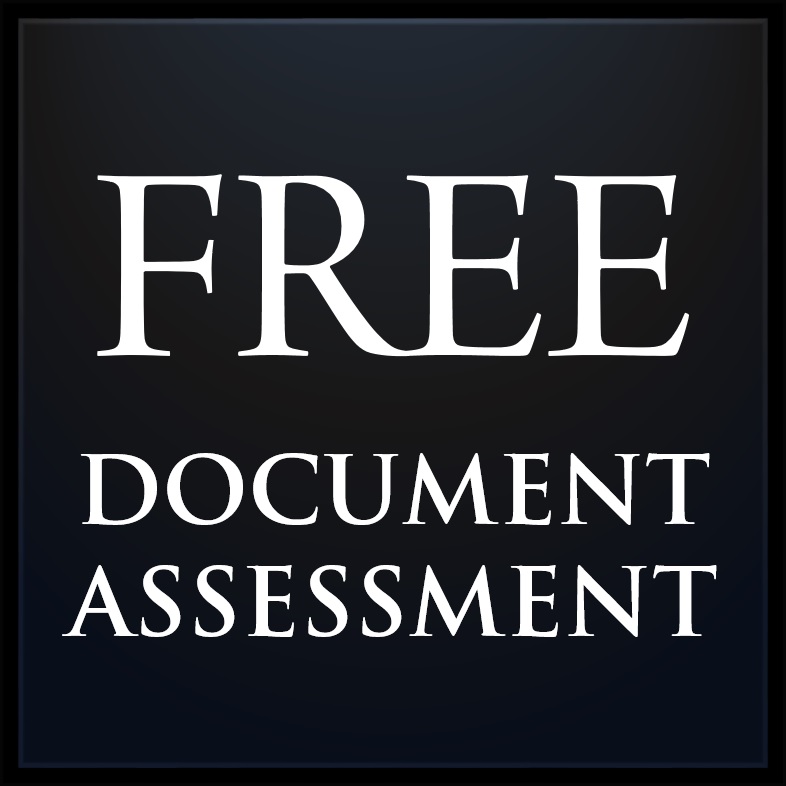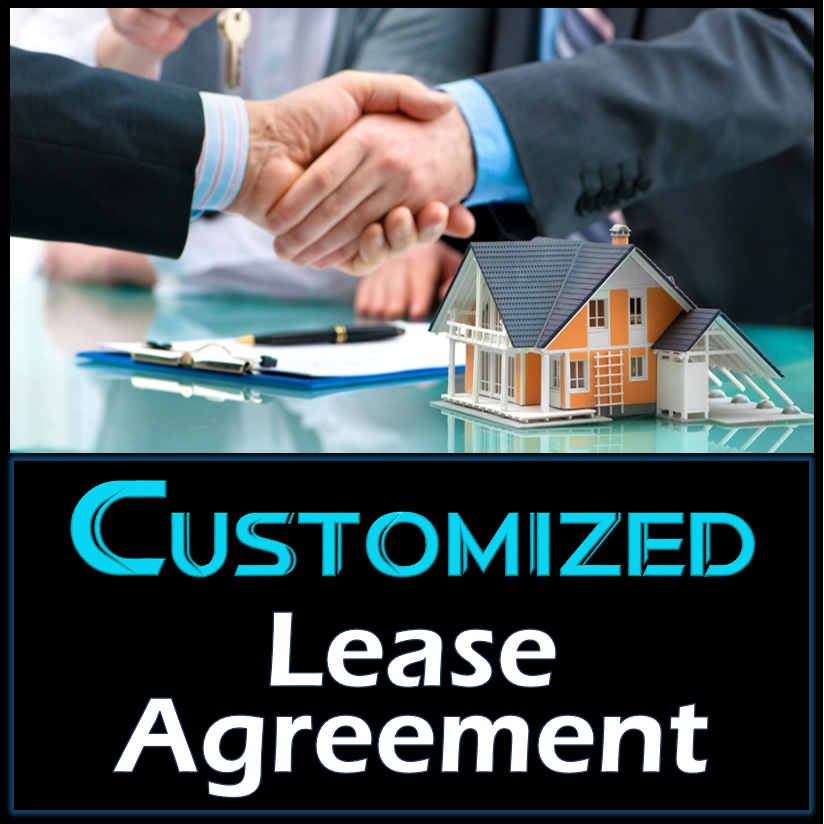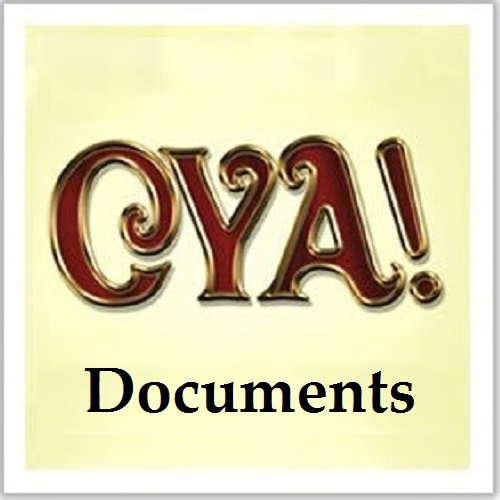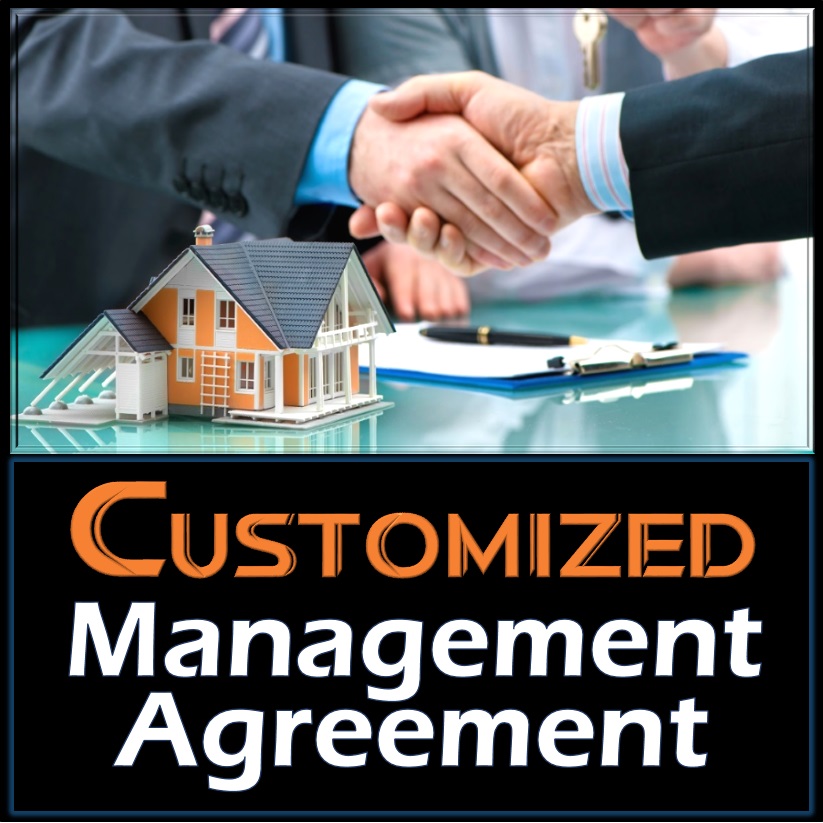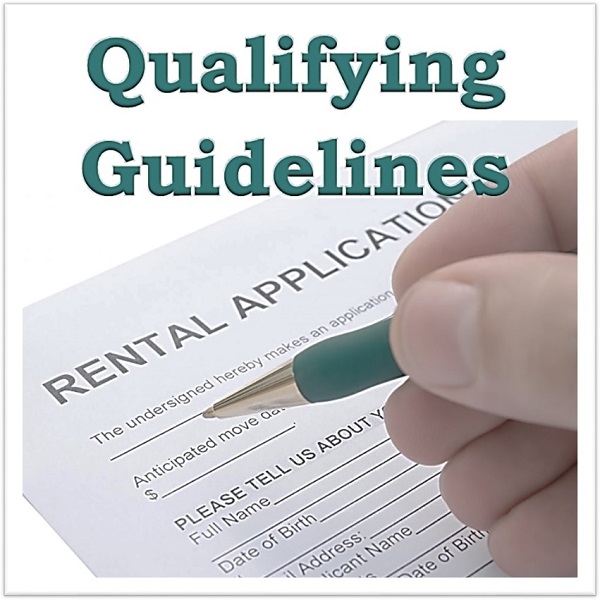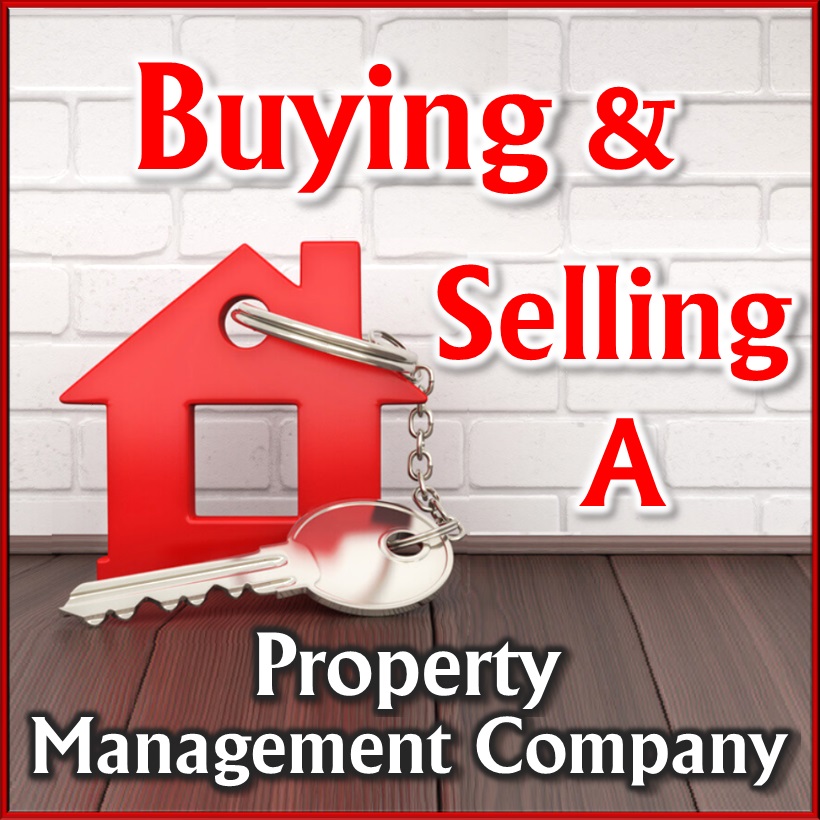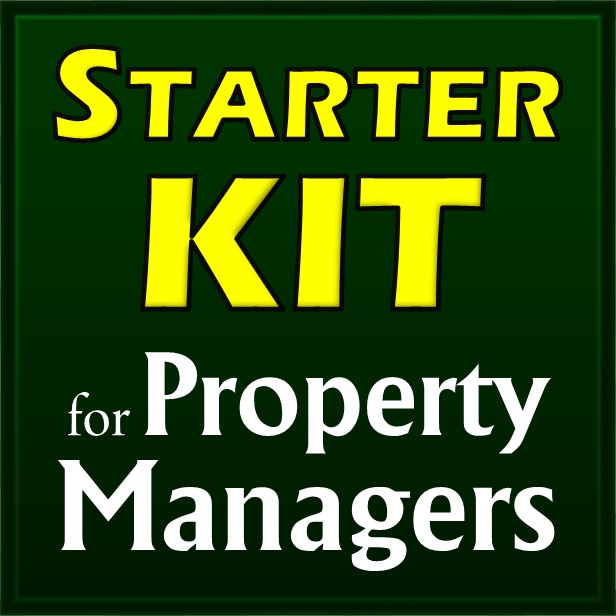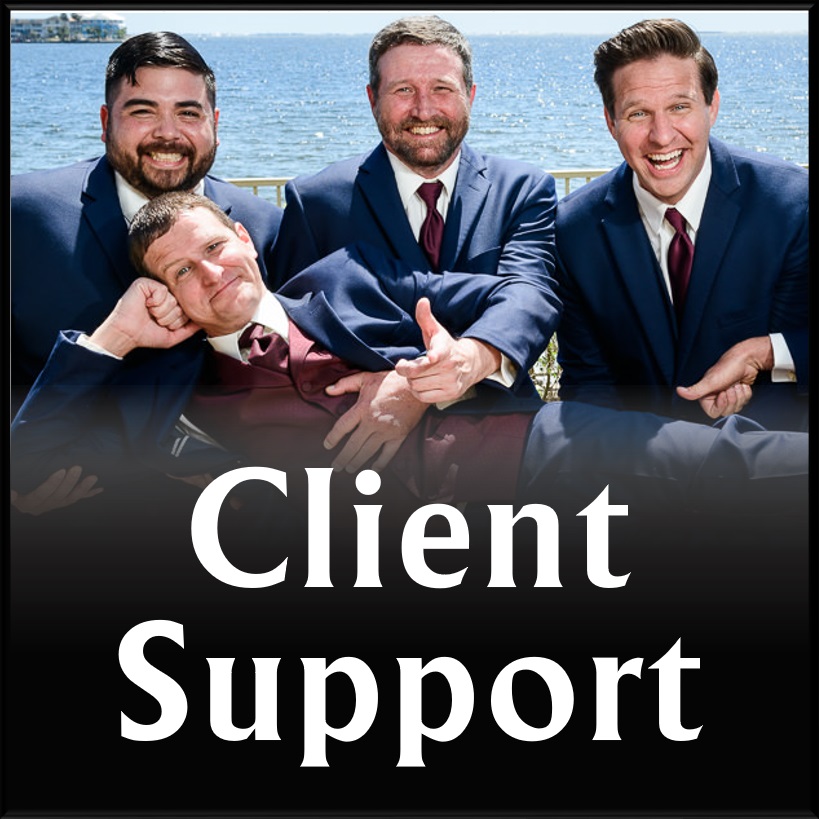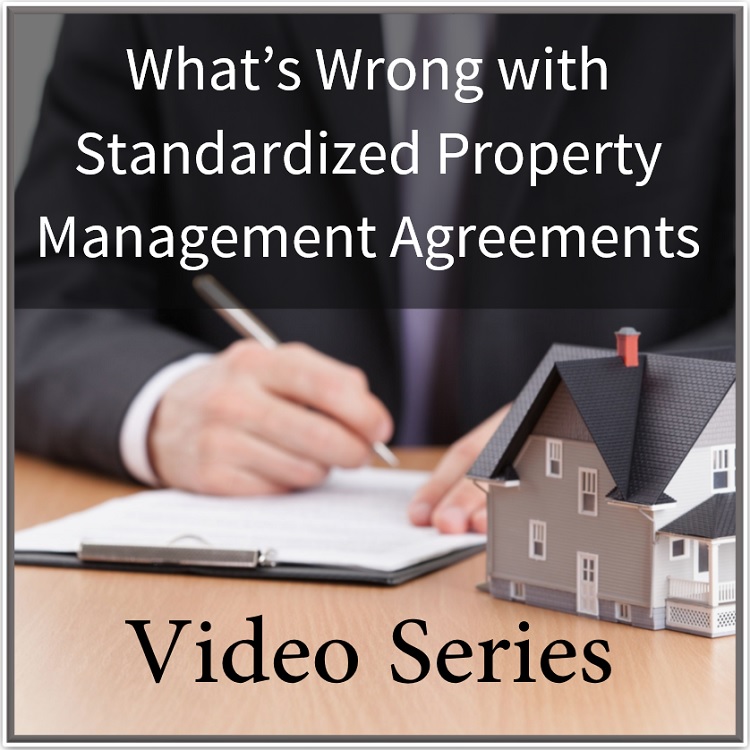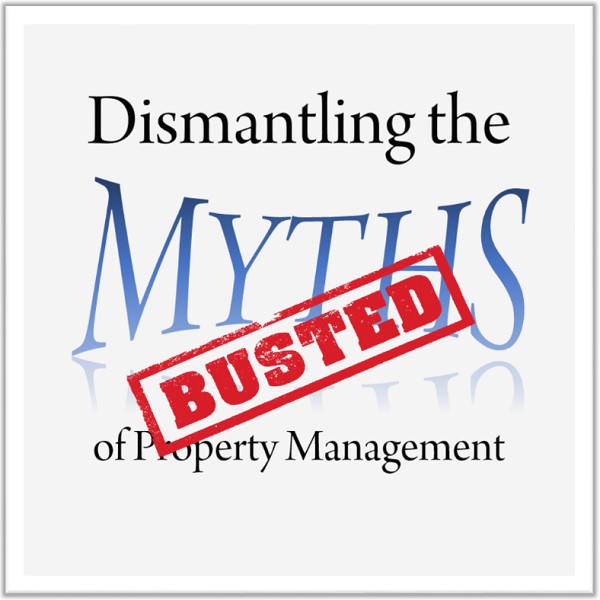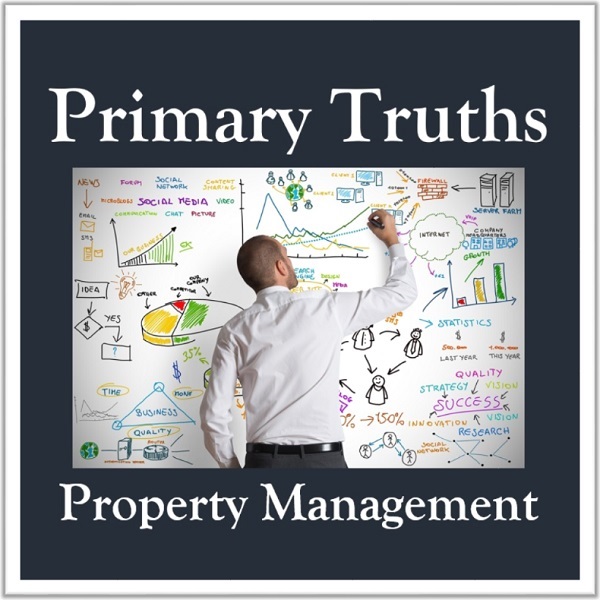FREE Built to Grow Subscription
Unsubscribe anytime
Request an Appointment with Robert
Today on The Property Management Show, Robert Locke is joining us to talk about how to structure your business without growing pains. This probably sounds impossible, but Robert is going to help us elevate the conversation and explain some BIG IDEAS.
Why We Should Learn from Robert Locke
Robert started his property management company 35 years ago with 50 units. He is candid about having made all the mistakes possible in the first few years. But, he sold his large, very successful and immensely profitable property management company to a Fortune 500 enterprise.
That sale came with a nondisclosure agreement. He couldn’t speak or teach for a while after the acquisition. Today, he’s finally able to deliver his knowledge to the world, and we’re humbled that he chose to make his debut on The Property Management Show.
The Things You Think are Critical May Actually be a Hindrance
Robert started with five rental houses in 1980. He began selling properties to investors who said they would buy the homes if Robert promised to manage them. So, Crown Realty and Management was born.
After 10 years of steadily growing his business, it became clear that at every level of growth, it was necessary to let go of some of the things that had seemed so sacred and necessary and important to running a business.
When you go from 200 properties to 300 properties, you learn some lessons.
When you go from 500 to 600 properties, you learn some more lessons.
Most property managers build a system that works for where they are today. Whether that’s 50 properties or 500; there’s a tendency to design a structure that works for what you have right now. But then, if you double in size, it’s easy to crash and burn.
A critical mistake that will hinder your growth is holding onto the things that you think are essential to your management model. What works for you at 200 properties will not work for you at 400 properties. Many of the systems that were working perfectly will hold you back.
When Systems Hinder Growth: Some Examples
One property manager had a sales model where he gave every owner and every tenant his personal cell phone number. His pitch was that if people didn’t like the answer his staff gave them, they should call him directly.
This works when you manage 50 or even 100 properties. But, it won’t scale. It would be impossible to get bigger than 200 properties because you cannot have 400 owners with your cell phone number. Beware of building things into your model that will prevent you from going to the next level.
Another property manager in Savannah was managing 200 units. His model was to send the full rent to the owners every month and then invoice those owners for the management fee. That’s $60,000 of accounts receivable every month, and an accounting firm had to be hired to handle the invoicing and collecting.
Obviously, that’s not scalable. You cannot go from 200 to 500 properties by invoicing your owners every month. It became a hindrance, and the owner of the property management company had to give that up and begin taking the management fee from the rent that was collected. It required some conversations and some strategizing, but changing the system was absolutely necessary to grow. Now, that company has doubled in size and the wheels haven’t come off the business.
Everyone builds things into their systems that impede growth, and those of you who have gone to the next level can spot them. You know what you had to give up once you move from 300 properties to 500 properties. But, at 300 properties, you don’t necessarily see it so clearly.
The Mac Daddy of Slow Growth: Are you an agent or an Agent?
A lot of people who move into property management come from real estate sales, where you’re an agent (small a). They do what the owner asks them to do. The owner is in charge, and the agent executes on the owner’s directive. It makes sense in sales, but it doesn’t translate with property management.
In property management, agents think that they have to confer with an owner before approving an application. They think they need to call the owner before handling maintenance or dealing with an eviction. They think that because it’s what you do in sales. You are facilitators and scribes. You don’t make decisions and you collaborate on everything.
You have to change your thinking and become an Agent (big A).
The number one hurdle preventing property management companies from getting to the next level is the idea that you have to collaborate with your owners on every decision.
You don’t.
An Agent gets authority through the management agreement to approve and deny applicants, to handle maintenance under $500, and to file an eviction when it’s time. You can handle the wobbly deck and deal with the deadbolt that’s not working. You can replace a dead shrub, and you can do all these things without calling the owner first.
Get a spending limit and stop collaborating with owners all the time. It’s stagnating you and preventing you from going to the next level. It’s consuming your staff’s time.
Part of the problem is that property managers often teach owners to behave this way. You have to educate your owners and earn their trust.
If you’re not familiar with Steve Crossland, listen to his podcast with Jordan Muela on The Profitable Property Manager. He is extreme about being a Big-A Agent. He insists that owners trust him to make strong decisions and to enforce them. His maintenance limit is $500, but he is very clear with his owners. If the air conditioning fails, he is going to send his tech to replace it. There’s no collecting bids and there’s no making phone calls. The tenant will not be left suffering in 105 degree heat. Not everyone is okay with that, but Steve will only work with owners who accept it.
Owners who want to be more hands-on may not want to work with you. But, if you want to grow, you cannot co-manage. You cannot be micromanaged. You are the expert. You are the authority. Don’t waste your time collaborating with owners who don’t have the same skill and training as you.
Too many property managers are worried about losing an owner. This hinders them from raising fees or offering extra services or doing other things that will make them money. One property manager had 400 owners and he introduced a new fee that was a couple of hundred dollars per year. He lost five owners, but he made $75,000 extra that year on his remaining owners.
Don’t structure your business based on the fear that you might lose an owner.
Adopting a Formula for a Nickel-and-Dime Business
There’s an important formula that you need.
Here’s the truth: Property management is a nickel-and-dime business. You’re not chasing $5,000 checks. You’re chasing $80 dollars a month from your clients.
All nickel-and-dime businesses require volume.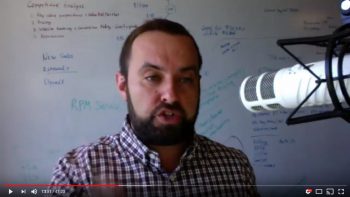
To create volume, you need speed.
What does speed look like?
It’s approving applications without calling the owner. It’s handling maintenance under $500 without collaborating with the owner. Those things create speed. Processing an application and signing the lease without the owner and moving the tenant in on your own creates speed, which creates volume.
You need speed for scalability. If you have to collaborate with your owners, you defeat speed and you can’t scale.
When you’re collaborating with owners, you’re driving a motor home that’s clunky, slow, and guzzling gas.
When you let that go, you can drive a Ferrari, which is fast, racy, and efficient.
If your owners hate it, they can let you go. And that will be okay.
Educating Your Owners Starts with the Management Agreement
If you’re constantly blogging and communicating with your owners through newsletters and other methods of communication, you’re going to be able to set the expectations and earn the trust you need to follow this formula and claim your authority as the property management professional.
The process of owner education starts with the management agreement.
Build a management agreement that isn’t sluggish and slow. Have the right language that tells owners they can trust you to make good judgments.
Owners don’t know what’s going to be in a management agreement. They do not spread out three different management agreements and see how others do it. If your contract sounds logical and intelligent, they will sign it.
Growth Strategies: Remote Lockboxes and Outsourcing
If you want to grow, you need to stop meeting your tenants at the property to move them in. Once you get to a certain level, it becomes chaos and takes up too much time.
Remote move-ins are easy and efficient.
Let go of the personal move-in process and set up a system where you can send the lease via DocuSign and tenants can go onto their portal to pay the rent and the security deposit. You cannot scan them a key, but you can create a lockbox mechanism that’s controlled remotely.
If you think you have to be there when they move in, you’re not thinking about speed, and you won’t be able to grow.
Remote showings are also essential. You don’t actually need to have an agent there to show prospective tenants which room is the living room and which room is the kitchen. They can take a look around themselves and contact you with any questions.
Society today is becoming less personal. There’s a tension there, and it’s easy to worry about losing the personal relationship with prospective tenants. But, there are benefits. Think about fair housing. Remote showings will do a better job of keeping you compliant.
The personal relationship is important in the sales process. You’re showing off the home. It’s a big ticket item. With rentals, tenants don’t need you there to help them make their decision.
Some property managers really want to keep their process personal. They want to shake hands and fawn over the kids and pet the dog. This is fine if you want to stay small and have relationships. It’s just not scalable, and you won’t be able to grow past a certain point.
Outsourcing is the current catnip in the NARPM world. If you want to grow, embrace outsourcing.Virtual assistants cost less and they get a lot of your administrative work done. They can handle phone calls and answer questions. This is critical not because it makes you more money but because it holds your costs down. It’s a critical element to becoming scalable and profitable.
Property Management Assets: Employees and Tenants
Virtual assistants allow your staff to play a more strategic role in servicing your owners and your clients. This is important because turnover – whether it’s employees or tenants – will kill your ability to grow.
You’ll make a lot more money from a tenant who is in the property for five or 10 or even 20 years. You’ll hear a lot of property managers say we work for the owner. But, if the tenant is happy, the owner is happy.
The longer you keep tenants, the longer you keep owners. Make sure your tenants are feeling valued, and make sure your management agreement doesn’t renew with the lease, but with the tenant’s departure.
There’s much more in Robert’s course that can help property management companies grow without growing pains. If you want to dig in deeper, check out his online workshop at: https://www.trainingpropertymanagers.com/online-courses
There is a button with courses that are both on-site and online. There’s even a series you can subscribe to that’s completely free and available to everyone.
Thanks to Robert for joining us, and thanks to all of you for listening.
View Our Expanding Line of Products
This is the part of our site where all the products, resources, videos, forms, manuals, handbooks, customized management agreements and leases, money-making ideas, CYA protections, checklists, service animal/comfort pet training and all you’ll ever need to run a safe and profitable management business. This is the “Mother Load”.
It will take us six to twelve months to get it all posted, and we’ll keep posting more as time goes on, but there will be more than you can digest before the end of the year. I’ve been digging through our 35 years of document archives and there’s more than I thought.
If you register we’ll send you notices as we post things so you’ll know what’s there and where to look for it.


